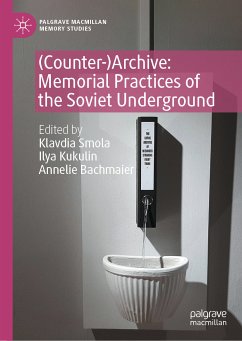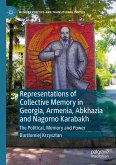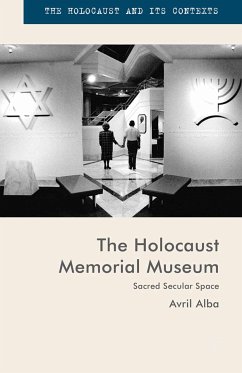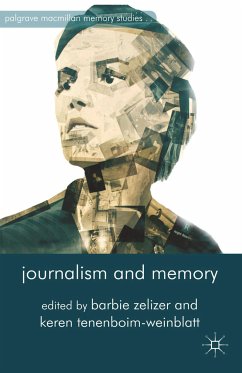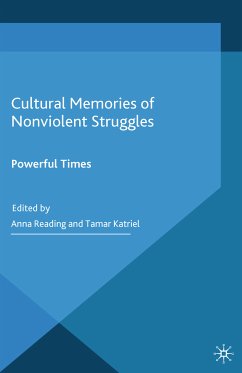Klavdia Smola is Professor and Chair of Slavic Literatures at the University of Dresden, Germany. She obtained her PhD at the University of Tübingen, was visiting professor at the Columbia University and the University of Constance. She published broadly on the Soviet underground culture, russophone minority literatures, and countercultures in Putin's Russia.
Ilya Kukulin is Research Fellow at Amherst College, USA. He is a cultural historian and cultural sociologist. He published numerous articles and co-edited several academic collections on the history of Soviet literature, social and cultural history of the USSR, and post-Soviet culture.
Annelie Bachmaier is Researcher and Lecturer (Post-Doc) at the Department of Slavic Studies at the University of Dresden, Germany. She received her PhD in Slavic Studies from the University of Regensburg. In her teaching and research, Annelie Bachmaier focuses on Russian and Polish as well as Yiddish literatures and cultures from the 19th to the 21st century.
Dieser Download kann aus rechtlichen Gründen nur mit Rechnungsadresse in A, B, BG, CY, CZ, D, DK, EW, E, FIN, F, GR, HR, H, IRL, I, LT, L, LR, M, NL, PL, P, R, S, SLO, SK ausgeliefert werden.

